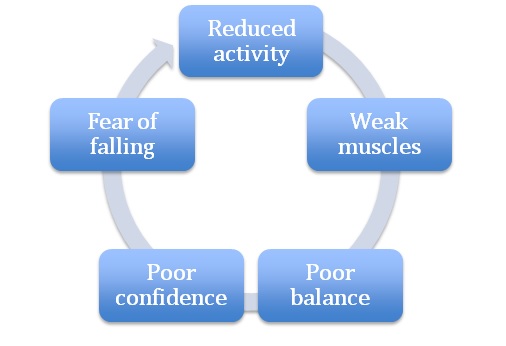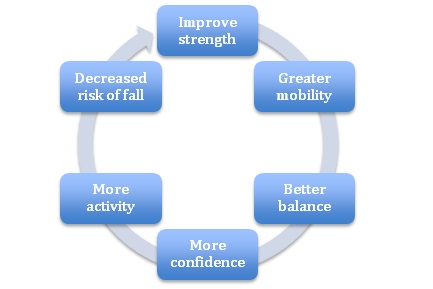Falls are the leading cause of injury-related death and the third leading cause of poor health among persons aged 65 years and older
Therefore, it is no surprise that the fear of falling can be overwhelming for the elderly. Suffering a fall can lead to high levels of anxiety. In fact, over 70 percent of people over the age of 60 who have fallen are afraid that they will fall again. Of note, fear of falling also affects older people who have never experienced a fall.




